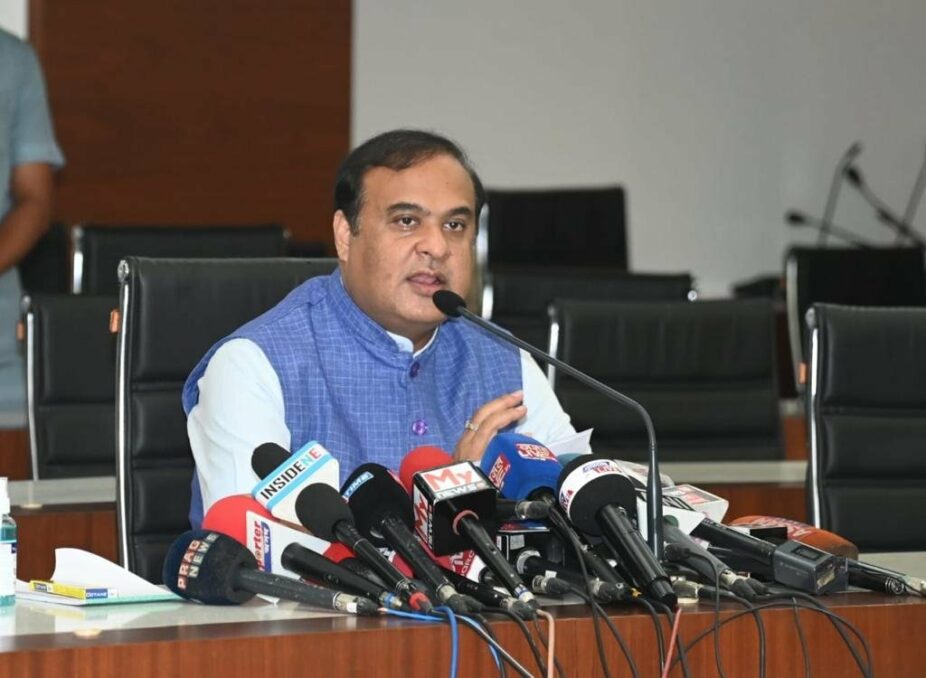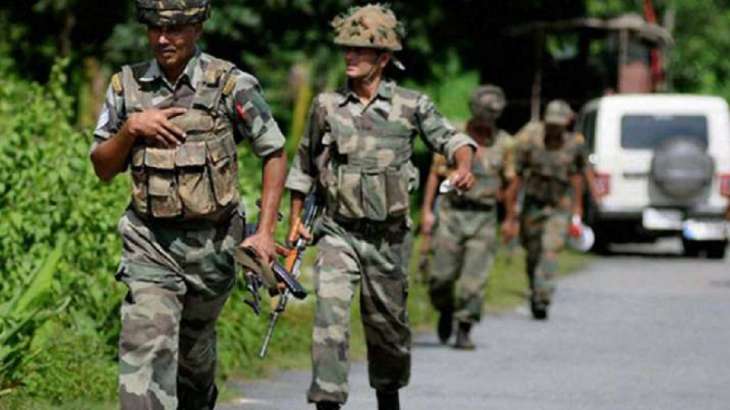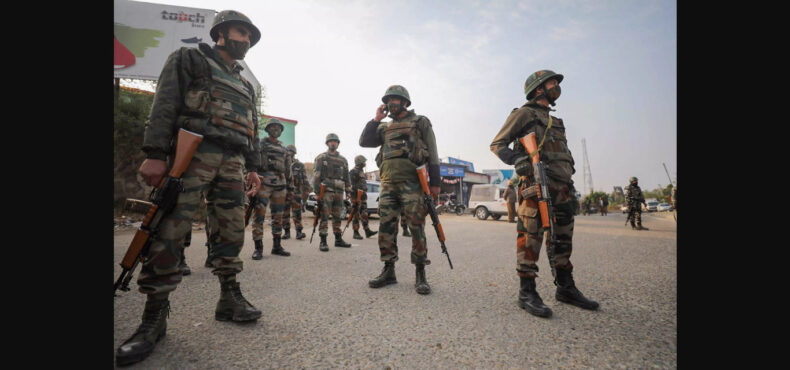New Delhi: By November 2024, Assam is anticipated to repeal the Armed Forces Special Powers Act (AFSPA), as the state’s peace and order situation has improved.

According to Chief Minister Himanta Biswa Sarma’s statement on Monday, the government intends to repeal AFSPA by the end of this year.
Speaking at the Lachit Barphukan Police Academy in Dergaon, on the occasion of the first conference of the commandant, the CM said that they aim to withdraw the AFSPA entirely by the end of this year. He also said that the government is planning to appoint retired Army men to the post of Additional Superintendents of police. The plan is to provide proper training to the Assam Police Force.
CM Sarma added that the government will take essential steps to empower the Assam Police Battalions to cope with the state’s law-and-order issues.
He also said that steps will be taken to change the mindset of the forces in a positive direction and the government will ensure that professional police officers are appointed as Commandants.
Along with the CM, the Director General of Police GP Singh, DGP Harmeet Singh and principal secretaries Samir Kumar Sinha and Niraj Verma attended the conference.
Acknowledging the event, CM Sarma announced that Commandants Conference would be held every six months. He said that the goal is to transform the Assam Police Battalions into a vibrant body.
What is AFSPA?
AFSPA stands for the Armed Forces (Special Powers) Act. It is an Indian law enacted in 1958 to grant special powers to the armed forces in designated areas to maintain public order and combat insurgency. The act initially applied to the states of Assam and Manipur and later expanded to other conflict-affected regions.
AFSPA grants wide-ranging powers to the military, including the authority to arrest without a warrant, search premises, and use force, even to the point of causing death.
Over the years, AFSPA has been a subject of controversy due to allegations of human rights violations, leading to calls for its repeal.
History of AFSPA in Assam
The history of AFSPA (Armed Forces (Special Powers) Act) in Assam spans several decades of insurgency and conflict. In the 1950s, Assam witnessed the emergence of various insurgent groups seeking greater autonomy or independence. In response, AFSPA was introduced in Assam in 1958 to provide special powers to the armed forces to maintain public order and combat insurgency.

The act initially applied to specific areas affected by the Naga insurgency. However, as the rebellion spread to other parts of Assam, AFSPA was also extended to those regions. This included areas like the North Cachar Hills, Karbi Anglong, and parts of Dima Hasao, which faced significant security challenges.
During the 1980s and 1990s, the United Liberation Front of Assam (ULFA) emerged as a prominent insurgent group, demanding an independent Assam. The armed forces, operating under the umbrella of AFSPA, engaged in counterinsurgency operations, often leading to allegations of human rights violations.
Throughout the years, there have been calls from various quarters, including human rights organizations and civil society, for the repeal of AFSPA in Assam. Critics argue that the act grants excessive powers to the armed forces, associated with incidents of extrajudicial killings, torture, and other abuses.
Efforts to review and modify AFSPA in Assam have been made at different times. Last year, AFSPA was withdrawn from 23 districts and one sub-division in Assam. However, AFSPA remains in force in specific regions of Assam, subject to periodic reviews and extensions.
The history of AFSPA in Assam reflects the complex and protracted nature of the insurgency in the state, with concerns about security and human rights continuing to shape the debates surrounding the act.
At present, a total of eight districts of Assam come under AFSPA. They are Sivsagar, Dibrugarh, Tinsukia, Jorhat, Charaideo, Karbi Anglong, Golaghat, and Dima Hasao.













